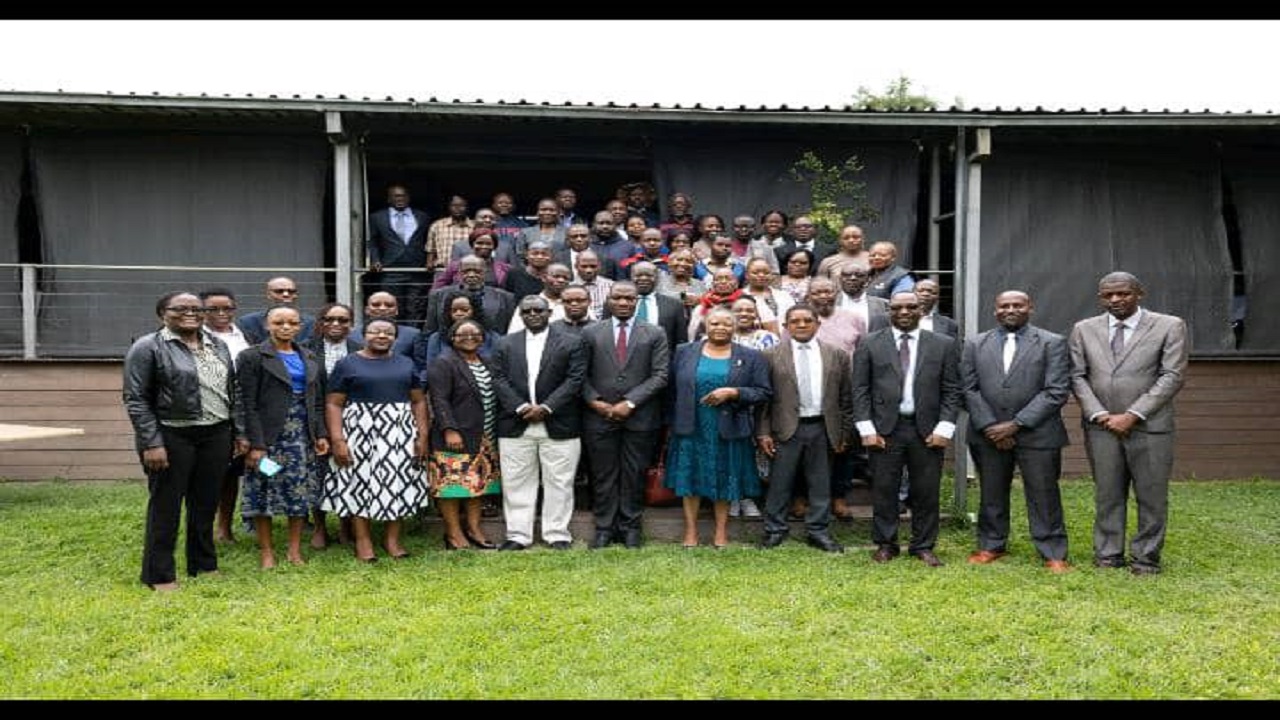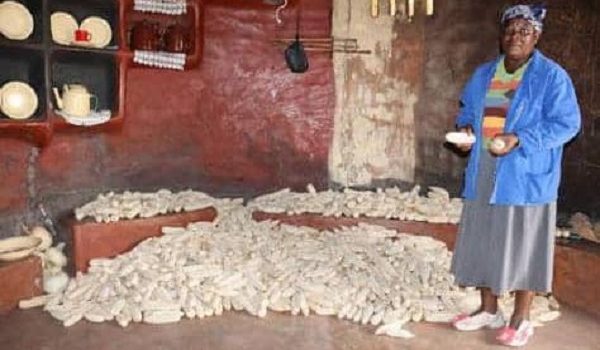
Takunda Program Adopts A Holistic Approach To Build Resilience
Zimbabwean News You Can Trust
By Evans Dakwa
Over the past few years, and in the face of adverse effects of climate change on livelihoods for especially vulnerable members of society, a lot of development partners have been implementing various programs aimed at building resilience with varying degrees of success. Most of the resilience building programs have failed to outlast the project life span for different reasons.
Thus with lessons learnt from the past , the CARE International in Zimbabwe led Takunda resilience food security program has sought to do things differently in the quest to build lasting resilience.
The five year program now in it’s third year , has been formulated and implemented with the aim of achieving sustainable , equitable and resilient food, nutrition and income security amongst beneficiaries.
Takunda adopted cross cutting themes for it’s implementation informed by research and a visioning process that was inclusive of would be beneficiaries. The thematic areas are gender, youth and social dynamics, social behaviour change, environmental safeguarding, collaboration, learning and Adaptation, community visioning and Governance and accountability all infused and interwoven to achieve lasting impact.
The themes have been made possible to implement them in programming by adopting collaborative work where the lead organisation CARE International works with other seven development partners and the government of Zimbabwe.
“As development partners we have different strengths, we bring in different advantages, as care for instance we are very strong on the empowerment of women and girls , we know the benefits that accrue to society when you allow women to participate in economic activities at the same level as men, but there will be other partners for example FANRPAN, whom we are collaborating with and others who bring in the research component so that when you combine results from research with our ability to work effectively with women, then our interventions are based on data and on evidence, and there we can have greater and more deeper impact,”indicated Patrick Sikana the CARE International in Zimbabwe Country Director at a recent stakeholder sensitisation workshop for the Takunda program.

(A beneficiary of the Takunda program pose for a picture with her harvests)
In implementing Takunda, partner organisations have adopted strategies meant to avoid NGO trap of struggling with sustainable interventions.
“The first year of Takunda was spent doing a lot of studies, talking to communities on what are their priorities, overtime the communities are coming back to say they valued those conversations as we have used them to shape the activities we do and they see alignment. Some of the villagers confessed that every time a project came to their village , they seem to think they know what the people need, what we are finding useful is, these conversations are shaping and helping us not repeat mistakes others have done in the past, ” said Walter Mwansa , the Program Director for CARE International in Zimbabwe on the sidelines of a stakeholder sensitisation workshop.
” We have tried to establish models that can outlast the project , many development projects have good results during their time but often there is nothing to see when the projects are completed, our work is looking at as we implement now with farmers, who will take the role of the role of the Takunda officer after the project closes,”he added
Mr Mwansaa indicated that Takunda is using their lead farmer model to buttress sustainability post the life span of the project
“We are working with farmers on what we call the Lead farmer model where a group of farmers comes together identify the qualified or more promising farmers, we train and support them to become the service provider working with Arex department so that they can continuously be trained , when they are not sure they can reach out to their ward level officers, we see this as a continuos process that does not have to end when the projects is over. We are doing the same on health with the village health workers, the youth as we identify who can work with zonal or ward level youth advisers as all models to support communities after the project,” he said.
The project prioritised coming up with sustainability models before it’s implementation also as part of a cocktail of measures to ensure lasting impact is achieved. The ultimatum aim so to see Takunda bring implemented at a larger scale nationally thus the inclusion of Government through various ministries and the Node hosting institution, the Agriculture Research Council.
With financial support from USAID, Takunda is being implemented in two provinces of Masvingo ( Zaka and Chivi) and Manicaland in Mutare and Buhera districts. The program is being implemented by a consortium of organisations led by CARE International in Zimbabwe,International Youth Foundation, FHI360, National Action Zimbabwe, Bulawayo Projects Centre, Environmental Africa with technical partners being the Food , Agriculture, and Natural Resources Analysis Network (FANRPAN) and the International Crops Research Institute for the Semi Arid Tropics (ICRISAT).



